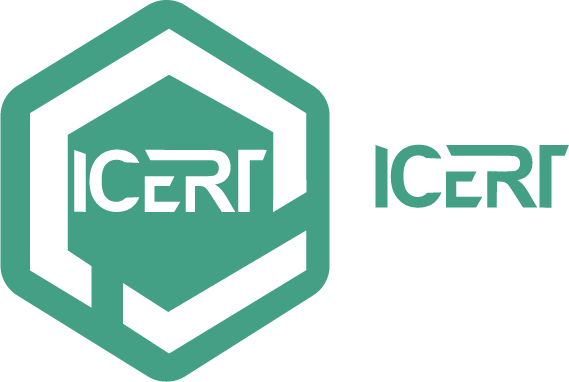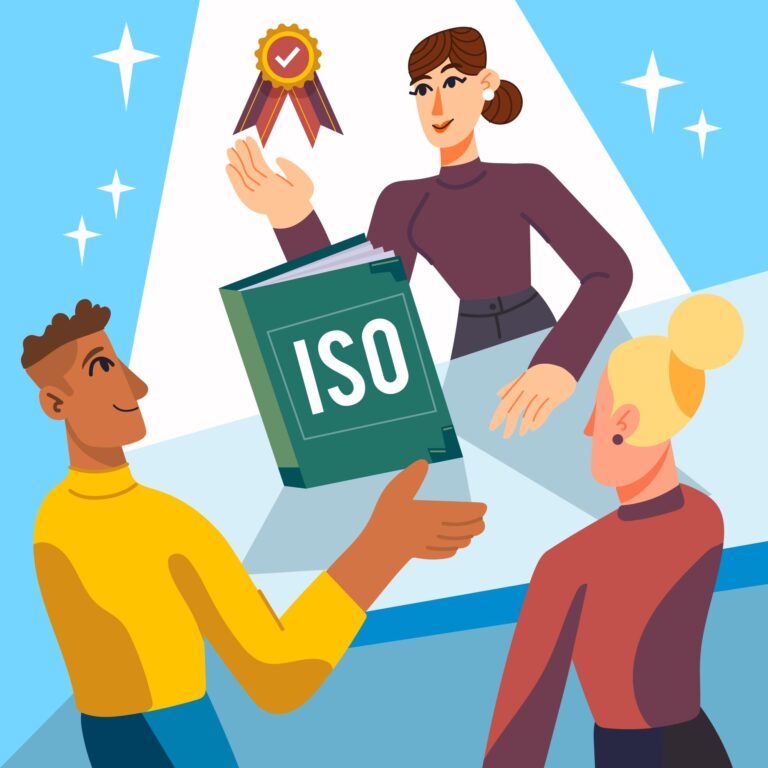In today’s digitally connected world, information is one of the most valuable assets a business possesses. From sensitive customer data to proprietary business insights, ensuring the security of this information is paramount. Unfortunately, cyber threats are becoming more sophisticated, and the risks of data breaches or information leaks are at an all-time high. This is where ISO 27001 comes in—a globally recognized standard for information security management systems (ISMS).
This blog delves into ISO 27001, explaining its significance, benefits, and the steps to implement it to secure your organization’s information assets effectively.
What is ISO 27001?
ISO 27001 is an international standard that specifies the requirements for establishing, implementing, maintaining, and continually improving an information security management system. It provides a structured approach to managing sensitive company information so that it remains secure.
The standard focuses on three core principles of information security:
- Confidentiality: Ensuring that only authorized individuals can access information.
- Integrity: Safeguarding the accuracy and completeness of information.
- Availability: Making sure information is accessible when needed by authorized users.
Why is ISO 27001 Important?
The importance of ISO 27001 cannot be overstated in today’s business environment. Here’s why it matters:
1. Protection Against Cyber Threats
ISO 27001 equips businesses with a robust framework to identify, evaluate, and manage risks related to information security. This helps organizations stay ahead of cyberattacks and data breaches.
2. Building Customer Trust
With ISO 27001 certification, businesses can demonstrate their commitment to protecting customer data. This builds trust and confidence, which is crucial for retaining existing customers and attracting new ones.
3. Regulatory Compliance
Many industries are subject to strict data protection regulations (e.g., GDPR, HIPAA). ISO 27001 helps businesses meet these regulatory requirements, reducing the risk of fines and legal complications.
4. Competitive Advantage
Having an ISO 27001 certification can set your business apart from competitors, especially when dealing with security-conscious clients or operating in highly regulated industries.
5. Operational Efficiency
Implementing ISO 27001 can improve operational efficiency by streamlining processes, reducing redundancies, and enhancing overall information security practices.
Key Components of ISO 27001
ISO 27001 is built around a systematic framework for managing information security. Its key components include:
1. Risk Assessment
Organizations must identify potential threats to their information assets, assess the likelihood of these risks, and evaluate their potential impact.
2. Information Security Policies
Developing clear and comprehensive policies that outline how information is managed, protected, and accessed within the organization.
3. Control Measures
ISO 27001 provides a list of 114 controls categorized under 14 domains, including access control, physical security, and incident management. Organizations can select and implement controls based on their unique risk profile.
4. Continual Improvement
The standard emphasizes regular monitoring, auditing, and updating of the ISMS to adapt to changing security challenges and organizational needs.
Steps to Implement ISO 27001
Implementing ISO 27001 involves a structured approach. Here’s a step-by-step guide:
- Understanding the Standard: Familiarize yourself with ISO 27001 requirements and determine its relevance to your organization.
- Define the Scope: Identify the boundaries of your ISMS, including the assets, processes, and locations to be covered.
- Conduct a Risk Assessment: Identify vulnerabilities, assess risks, and prioritize mitigation strategies.
- Develop Policies and Procedures: Create documentation that outlines the policies, processes, and controls required for compliance.
- Implement Controls: Apply the selected security measures to address identified risks.
- Train Employees: Conduct training sessions to ensure that employees understand their roles in maintaining information security.
- Monitor and Audit: Regularly review the effectiveness of your ISMS through internal audits and monitoring.
- Achieve Certification: Engage an accredited certification body to assess your compliance and issue the ISO 27001 certification.
Benefits of ISO 27001 Certification
Achieving ISO 27001 certification can bring several benefits to your organization, including:
- Enhanced Security: Strengthened measures to protect your information assets.
- Improved Business Reputation: Positioning your business as a trusted partner.
- Global Recognition: ISO certification is recognized and respected worldwide.
- Reduced Costs: Minimizing incidents like data breaches that can lead to financial losses.
- Employee Awareness: Building a security-conscious workplace culture.
Conclusion
ISO 27001 is more than just a certification; it’s a commitment to safeguarding your organization’s most valuable assets—its information. By adopting this standard, businesses can protect themselves against growing cyber threats, build stronger relationships with stakeholders, and achieve sustainable growth.
At ICERT Management Consultancy, we specialize in guiding businesses through the ISO 27001 certification journey. From gap assessments to training and audit support, we ensure a seamless and stress-free experience. Let us help you secure your information assets and build a future-ready organization.










